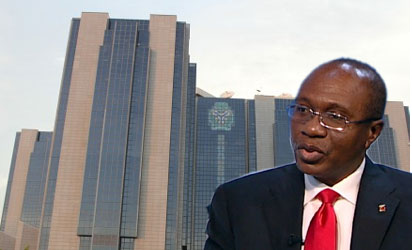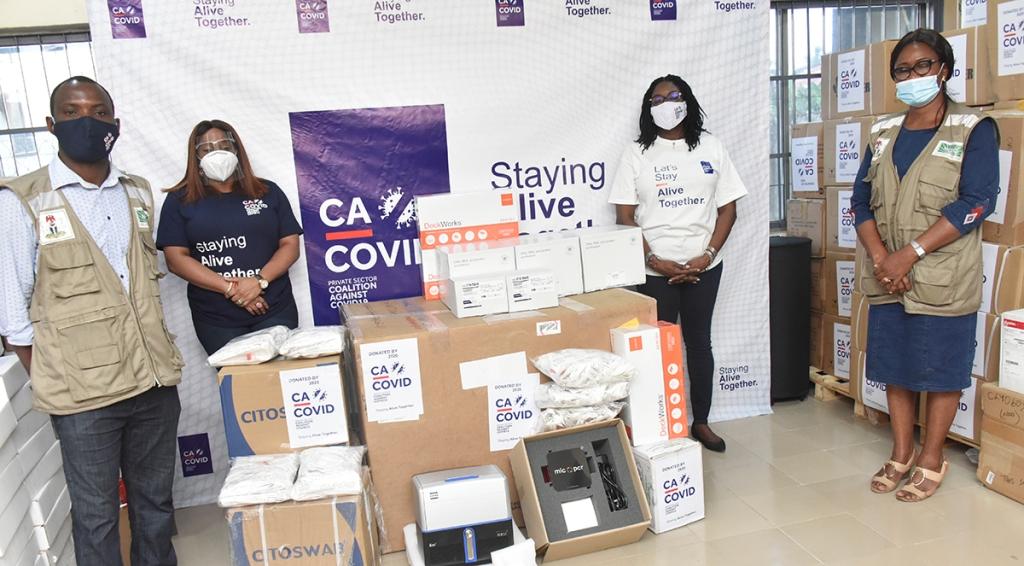Contrary to earlier belief that the emergence of the proposed National Micro Finance Bank (NMfB), was as a result of the planned unbundling of Nigerian Postal Service (NIPOST), made nearly useless by advent of communication technology, the Governor of the Central Bank of Nigeria (CBN), Godwin Emefiele, has explained that it was set up to address the concerns around the several intervention funds that are lying idle in the vaults of the apex bank. National Micro Finance Bank (NMfB) is expected to begin operations from January 1, 2019 with N5bn capitalization.
The diversification drive for NIPOST is borne out of government’s desire to make good use of the multibillion naira infrastructure owned by the agency which is now a victim of technology disruption.
The Minister, Barr Adebayo Shittu, had been telling Nigerians ever since he was appointed that NIPOST will be restructured into five enterprises.
In an interview with Business Hilights in April this year, he assured that “In NIPOST, we are embarking on rapid modernisation and commercialisation. We will have a NIPOST banking and insurance company, a property and development company, transport and logistics company, an e-commerce service company, and e-government services company”.
Earlier last month, the management of the National Council on Privatisation (NCP) chaired by Vice President Yemi Osinbajo approved the appointment of a transaction adviser for the commercialisation of the Nigeria Postal Services.
As the NMFB takes off next month, some analysts had before now, argued that serving as a bank would grow the nation’s quest to financial inclusion as the bank would have served as the only bank with the highest number of branches in the country.
However, in his clarifications at the10th annual bankers committee retreat in Lagos, Emefiele said the new national MFB slated to be launched in January would leverage on the existing NIPOST presence in 774 local government areas which will aid the CBN and the bankers committee effort in accessing the Anchor borrowers fund, SME fund and other initiatives tailored towards SMEs, farmers and the CBN’s financial inclusion drive.
The CBN governor said the issues bordering on access to credit is a molar bottleneck that must be addressed in order to create the much needed jobs that the country needs.
Business Hilights recalls that the bankers committee annual retreat attempted to articulate how to open up lending to critical sectors of the economy that can serve as a catalyst for economic growth with this year’s theme: ‘Export-led transformation of the economy: Engine for sustainable inclusive growth.









